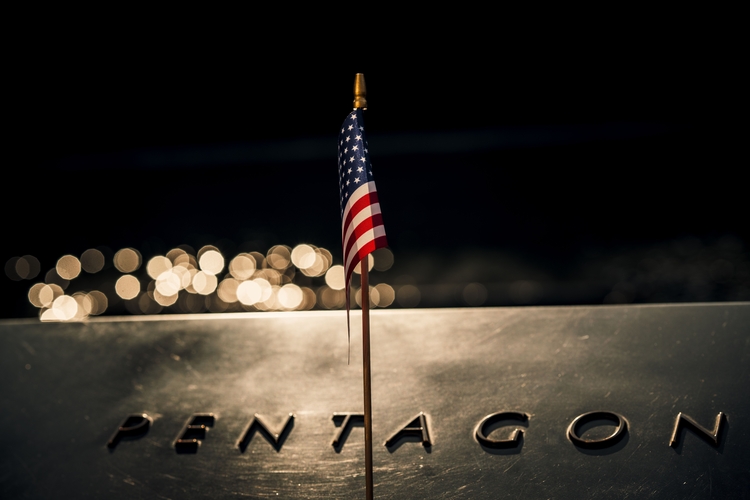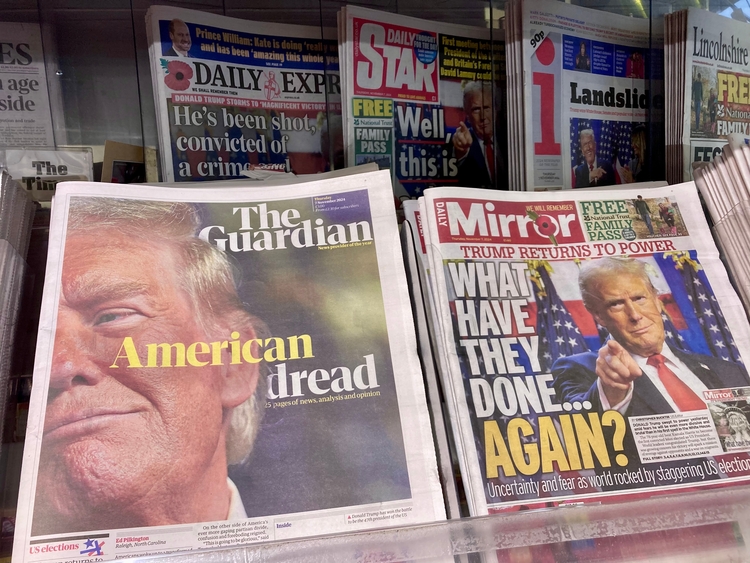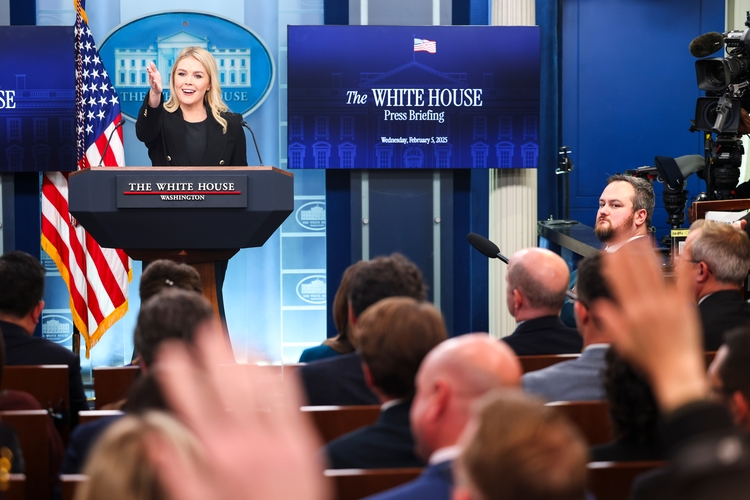
Doug Specht examines the new set of media restrictions imposed on journalists that many describe as a ‘blow to American democracy’
This week, a policy shift inside the Pentagon sent shockwaves far beyond the walls of America’s military headquarters. A sweeping new set of media restrictions has seen journalists from nearly every major news organisation, both within the United States and abroad, hand in their press passes, refusing to accept unprecedented curbs on their reporting.
But the significance of this ‘media walkout’ stretches beyond the immediate headlines. The Pentagon’s clampdown on press access isn’t merely an American issue; it reverberates through the geopolitics of global democracy, sending a warning signal to governments the world over about norms of transparency, press freedom, and the very bedrock of open societies.
Pentagon’s new media rules
At the centre of the controversy is a newly issued Pentagon directive, running for 21 tightly-worded pages, that overhauls how journalists interact with the US military. Reporters must now formally acknowledge the rules as a condition for retaining their access badges, without which entry to the Pentagon, briefings, and everyday contact with officials becomes impossible.
The rules demand that any information obtained from Pentagon personnel receive official authorisation before publication, regardless of whether it is classified.
Enjoying this article? Check out our related reads:
Simply soliciting unauthorised statements can result in a journalist being deemed a ‘security or safety risk,’ with their badge revoked and their reporting career in national security potentially curtailed. These sweeping terms represent, in the view of media representatives, one of the most significant rollbacks of press freedom at the US Department of Defence in decades.
The consequences of of this new directive has seen the Pentagon’s bustling press corridors emptied, with major news outlets, including The New York Times, Associated Press, BBC, Reuters, CNN, Fox News, The Guardian, NPR, and The Wall Street Journal, unanimously giving up their accreditations.
The media backlash
In total, more than thirty major media organisations, representing the entire political spectrum, acted in concert to reject the directive. The Pentagon Press Association, a body representing over a hundred outlets, described the new policy as ‘a serious blow to American democracy and transparency.’
Leading editors and journalists have pointed out that the directive criminalises everyday reporting, criminalises the basic act of asking questions, and ultimately threatens the First Amendment protections enshrined in the US Constitution.
American journalism now stands at a crossroads. The immediate, practical implication has been the loss of daily press access to the Pentagon, long considered a vital source of information, scrutiny, and independent oversight in matters of war, defence spending, and national security.

Without accredited journalists present, military policy and operations will be reported through a haze of official press releases, rather than robust questioning and adversarial inquiry.
The chilling effect is already visible. Journalists are weighing not just what they report, but what questions they dare to ask. Editorial teams worry that the spectre of badge revocation and legal threats will make even the most seasoned reporters think twice, eroding the robust scepticism that underpins a healthy democracy.
Just as concerning, the new gatekeeping regime leaves only a handful of compliant, niche media outlets in place, risking the creation of an echo chamber in which official narratives face little external scrutiny.
Geopolitical consequences
For decades, the United States has championed freedom of the press as a central pillar of its international standing. By imposing unprecedented restrictions at the heart of its security establishment, the US now risks undermining the very ideals it has long purported to promote abroad. As more authoritarian governments in Russia, China, and elsewhere look on, they may view the Pentagon’s directive as a green light to impose their own, even harsher, limits on foreign and domestic press.
The damage does not stop there. International partners and allies depend on US media for independent accounts of American military intentions and actions. When transparency ebbs, so too does trust, potentially feeding suspicion and diplomatic friction between Washington and governments from Europe to Asia.

The NATO alliance, the UN’s agencies, and other multinational bodies have all raised questions about what this means for cooperation, accountability, and the future of rules-based order.
The Pentagon’s rules must also be situated in a wider landscape of democratic backsliding. Press freedom is often a canary in the coal mine, a bellwether of declining institutional checks on power. In recent years, Hungary, Turkey, India, and Brazil have all seen various forms of press repression, usually followed by further erosions of judicial independence, civic space, and human rights.
A world without robust American reporting is a world where disinformation and suspicion can more easily flourish. The Pentagon’s new press rules may have begun as a bureaucratic directive, but they have swiftly metastasised into a full-scale clash with journalism, and with the democratic ideals America has long claimed to champion.
The press, even exiled from the Pentagon’s briefing rooms, must, and will, continue to report, analyse, and scrutinise in the face of rising authoritarianism. The stakes, for democracy, for geopolitics, and for global rights, could not be higher.




